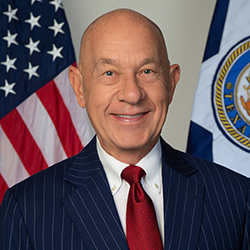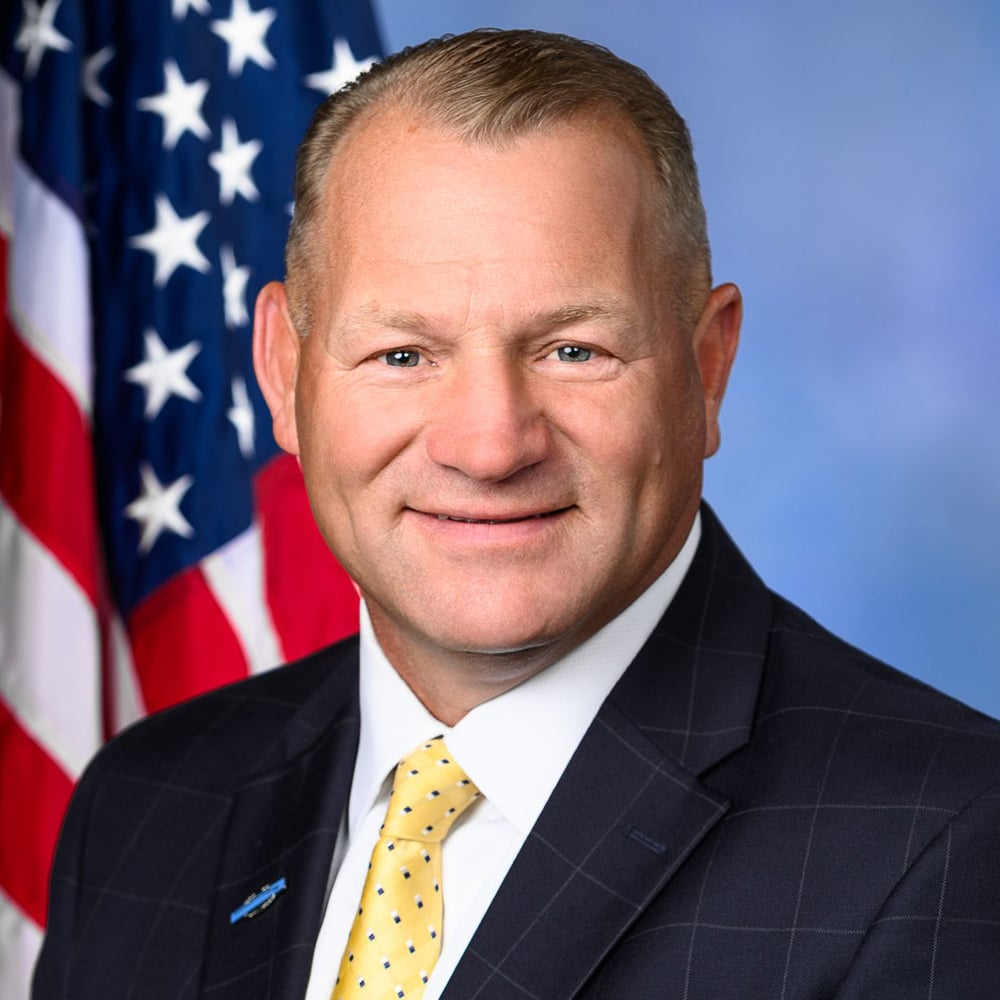Welp.

Still a crook any way you look
Texas Attorney General Ken Paxton will have his felony securities fraud charges dismissed in exchange for doing 100 hours of community service and meeting other requirements, according to a last-minute deal announced Tuesday.
The agreement requires Paxton, 61, to complete 15 hours of legal ethics classes and pay about $300,000 in restitution to the victims. Over the coming 18 months, Paxton cannot violate the law or he could again face trial, and he will have to check in with special prosecutors every 60 days in a virtual appointment.
The resolution — altogether announced, signed and entered within a seven-minute hearing in a Houston court — marks a sudden conclusion to a nearly decade-long legal battle that has clouded the third-term Republican’s tenure as the state’s top lawyer and threatened to scuttle his political ambitions. And it comes less than a year after he survived an impeachment attempt on unrelated corruption claims that the FBI is reportedly still investigating.
Paxton was present Tuesday alongside his lawyers, and calmly watched as the Harris County judge agreed to the terms, saying nothing other than to confirm his signature. The deal does not require him to admit any wrongdoing.
“I am grateful to reach this agreement, to get this matter behind me, so I can get back to the work representing the state of Texas,” Paxton said in a statement Tuesday.
The culmination of one of the longest-running cases in Texas history came roughly three weeks before Paxton was set to go to trial on April 15.
[…]
“At the end of the day, it’s not a plea bargain,” Dan Cogdell, one of Paxton’s defense attorneys, told reporters after the hearing. “There is no admission of guilt and there will never be an admission of guilt because he is not guilty.”
Cogdell said it was a case “we knew, from day one, they couldn’t prove,” adding that the restitution Paxton will pay is less than he’d pay for his defense team to go to trial.
Special prosecutor Brian Wice said he agreed to a deal because it would bring justice to the victims, and his obligation was always to find a fair resolution, not necessarily to convict Paxton.
“While I think the case could be made that justice was certainly delayed,” Wice said, “I think the agreement that we’ve reached today underscores the fact that justice was not denied.”
[…]
The same allegations of bribery and abuse of office that spurred his impeachment are reportedly being investigated by a federal grand jury in San Antonio. Paxton also continues to face a whistleblower suit filed by four of his former top aides who claim he fired them out of retaliation for reporting him to the FBI for those allegations.
In another case still winding its way through the courts, a committee of the State Bar of Texas is seeking to take disciplinary action against Paxton for filing a “dishonest” petition before the U.S. Supreme Court that sought to overturn the 2020 presidential election result.
[…]
Paxton’s community service, the particulars of which prosecutors and defense attorneys will decide together, will be completed in Collin County, where Paxton lives. Wice said it will likely involve a soup kitchen or food pantry.
Paxton will take 15 hours of continuing legal education as part of the agreement — five times more than what an attorney licensed in Texas is required to do, Wice said.
“You can never get too many hours of ethics.”
See here for the update that let us know this was coming. After all these years, I confess I didn’t expect this to end with such a whimper, but here we are. I’ll be rooting very hard for that grand jury in San Antonio to give us something, that’s for sure. And however this ends, I’ll never stop referring to Paxton as a crook. Some things don’t require a conviction.
I’ll have some links for more reading in a minute, but first there’s this Trib story that maybe could have been run before now.
Cases like Paxton’s are typically prosecuted in civil court and would not result in jail time, said lawyers specializing in securities fraud. But state prosecutors have, for nine years, been pursuing charges against Paxton that held a maximum penalty of up to 99 years in jail.
“This is not really what people think of when they hear securities fraud,” said James Spindler, a professor of law and business at the University of Texas at Austin. “This is not Bernie Madoff or Sam Bankman-Fried,” who were both convicted of perpetrating billions of dollars worth of fraud.
[…]
Christine Hurt, a securities law professor at SMU Dedman School of Law, likened Paxton’s behavior to that of celebrity influencers like Kim Kardashian, who settled with the U.S. Securities and Exchange Commission in 2022 after she promoted certain cryptocurrencies on social media without disclosing that she was receiving compensation to do so.
Paxton’s charges are expected to be dropped, based on a pre-trial agreement reached Tuesday, in exchange for community service, paying restitution to the alleged victims and other fulfillment of obligations laid out in the deal.
Lawyers who study securities law said that people accused of similar crimes often settle before trial by agreeing to pay a fine. They said it was highly unusual for the state to pursue criminal penalties for technical violations that one could feasibly commit unintentionally.
“We can hold you civilly liable, but typically if you weren’t doing something you thought was bad or wrong or reckless, you don’t have the requisite standard to be deprived of your liberty,” Spindler said. “That’s why this never really gets prosecuted in a criminal manner.”
[…]
Securities fraud refers to a broad range of behavior that can include running a Ponzi scheme, encouraging people to invest in a sham company, recruiting investors by telling them lies about a company, or insider trading.
Hurt, the SMU professor, said she moved to Texas about two years ago and when she heard Paxton faced securities fraud cases, she assumed the charges were more egregious. She was surprised to learn what the charges were when she looked into the case this week.
“I don’t want to downplay the severity of this,” Hurt said. “But these types of cases are usually settled for just a fine and are not career-ending sanctions.”
I mean, when every story that ever ran about Paxton’s state securities fraud charges includes the note that these charges can result in prison terms of 5 to 99 years if convicted, it’s hard for a layperson to recognize that in reality these things are often settled in the same manner as speeding tickets are. Perhaps that’s an unintentionally trenchant comment about how wildly punitive our laws are in general. Be that as it may, I presume that if that Paxton does get popped by that federal grand jury the “deferred” part of his prosecution comes back into play. (How it would be handled and by whom is a hypothetical best left unexplored at this time.) Of course, if that does happen he’ll have much bigger things to worry about. We can only hope.
For what it’s worth, the restitution Paxton will have to pay will go to the people he duped into buying Servergy stock on his say so back in the day. One of those people is now dead, so his estate will get the money. Here’s another question to ponder: What if any laws exist on the matter of campaign donors or other close personal friends of Paxton paying that restitution for him? We all know he’s not going to write those checks himself. I’m just putting it out there.
So that’s it for this saga. Whatever else I thought about this case over the last eight or nine years, this was not how I expected it to end. The Trib, Reform Austin, Daily Kos, Texas Public Radio, the Dallas Observer, and the Press have more.















